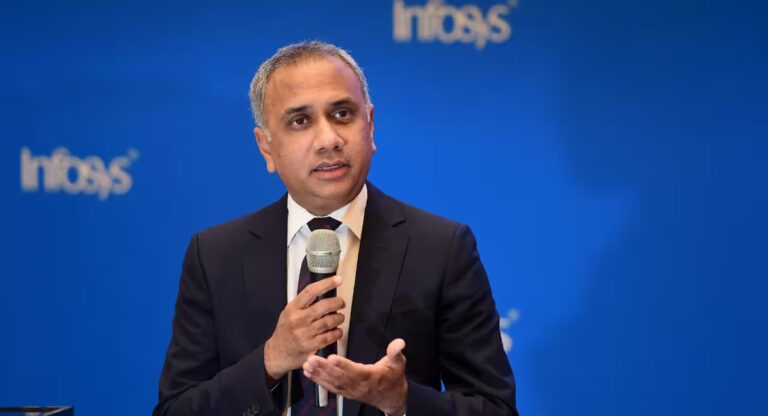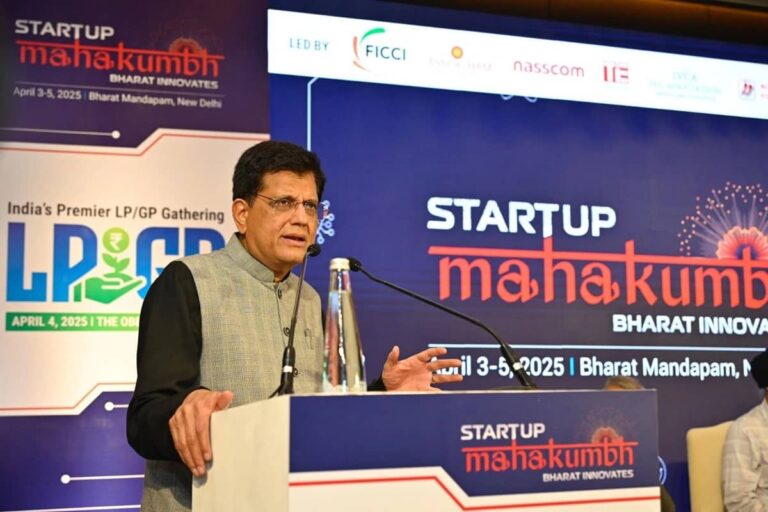In a stress interview, interviewers put candidates under intentional stress to evaluate how they might handle the situation.
The examples listed below focus on specific skills to be evaluated. They can be changed based on the responses and how you want to assess the candidates.
Question 1: Your past manager mentioned you are not good at handling deadlines. How would you justify this?
To Assess: Composure and self-awareness.
Sample Answer: “I appreciate feedback, even if it is critical. If my past manager felt that way, it’s something I would want to work on. However, I’d like to share examples where I’ve met tight deadlines successfully. For instance, in my last project, I submitted deliverables a week early despite unforeseen challenges.”
Question 2: You seem to have too many responsibilities listed on your résumé. Don’t you think you’re spreading yourself too thin?”
To Assess: Confidence and prioritization.
Sample Answer: “I thrive in dynamic environments where I can multitask and handle various responsibilities. However, I ensure tasks are prioritized effectively. In my previous role, I balanced multiple projects by delegating tasks when needed and maintaining a structured schedule.”
Question 3: You seem overqualified for this role. Why are you even applying?
To Assess: Resilience and communication skills.
Sample Answer: “I see this role as an excellent opportunity to apply my skills in a new context while continuing to grow. My qualifications ensure I can add value quickly, but I’m also eager to learn and adapt to the specific challenges of this position.”
Question 4: What if I told you you’re not the right fit for this role?
To Assess: Emotional intelligence and acceptance of feedback.
Sample Answer: “I’d be disappointed but open to understanding your perspective. Feedback is valuable for my growth, and I’d use it to improve. However, I believe my skills and experiences align well with the role, and I’d appreciate the chance to demonstrate my potential further.”
Question 5: Your manager asks you to do something unethical, like falsifying numbers in a report. What would you do?
To Assess: Integrity and decision-making under stress.
Sample Answer: “I would respectfully decline and explain why upholding ethical standards is important. If pressured, I’d escalate the matter to HR or senior leadership to ensure transparency while maintaining professionalism.”
Question 6: Your presentation was poorly structured, and your ideas don’t seem innovative. Why should we consider you?
To Assess: Ability to handle criticism and defend ideas calmly.
Sample Answer: “I value your feedback and would like to understand specific areas where the presentation fell short. Constructive criticism helps me improve. If given another chance, I’d ensure a more refined and impactful approach.”
Question 7: You are given an assignment with minimal instructions and no guidance. How would you handle it?
To Assess: Problem-solving under uncertainty.
Sample Answer: “I’d start by clarifying the end goal of the assignment and identifying any available resources. If needed, I’d reach out to colleagues or stakeholders for additional context. Once I have a basic understanding, I’d create a plan and remain flexible to adjust based on feedback.”
Question 8: Can you guarantee that you’ll always meet deadlines and never make mistakes?
To Assess: Realism and honesty under pressure.
Sample Answer: “While I strive for excellence, I believe it’s human to make mistakes occasionally. What sets me apart is my commitment to learning from them and ensuring they’re not repeated. I prioritize deadlines and quality to minimize risks.”
Question 9: Imagine you’re asked to work on a completely different project halfway through completing another one. How would you manage this?
To Assess: Adaptability and multitasking.
Sample Answer: “I’d evaluate the urgency and importance of both projects and communicate with my manager to prioritize effectively. If the new project takes precedence, I will document the progress of the original one to ensure a smooth transition when resuming.”
Question 10: This role can be monotonous at times. How would you keep yourself motivated?
To Assess: Resilience and self-motivation.
Sample Answer: “I find motivation in doing even repetitive tasks with efficiency and precision, knowing they contribute to larger goals. I also set small personal challenges to improve my speed or accuracy, keeping the work engaging.”




